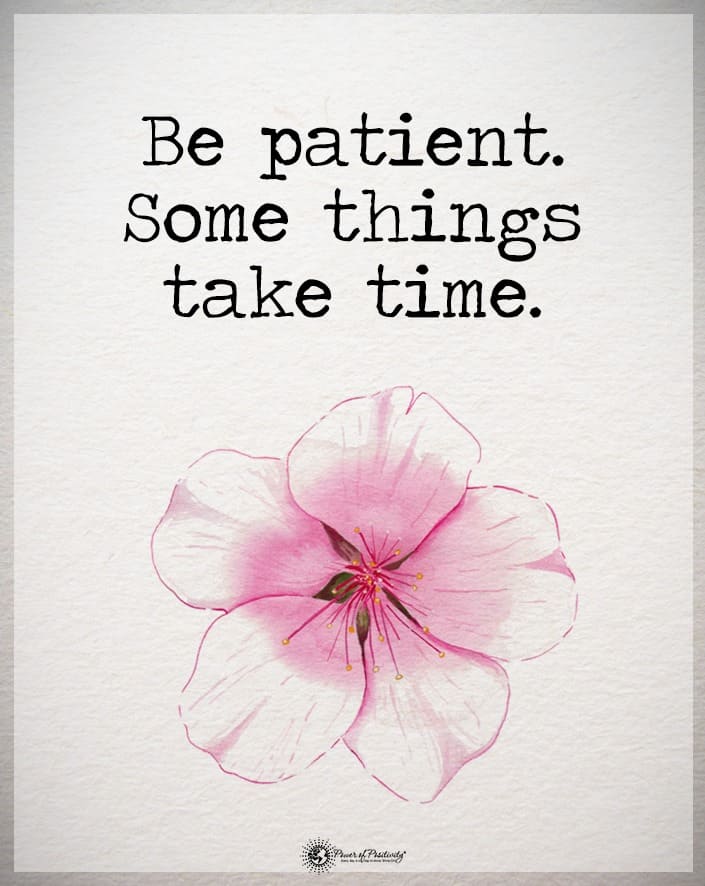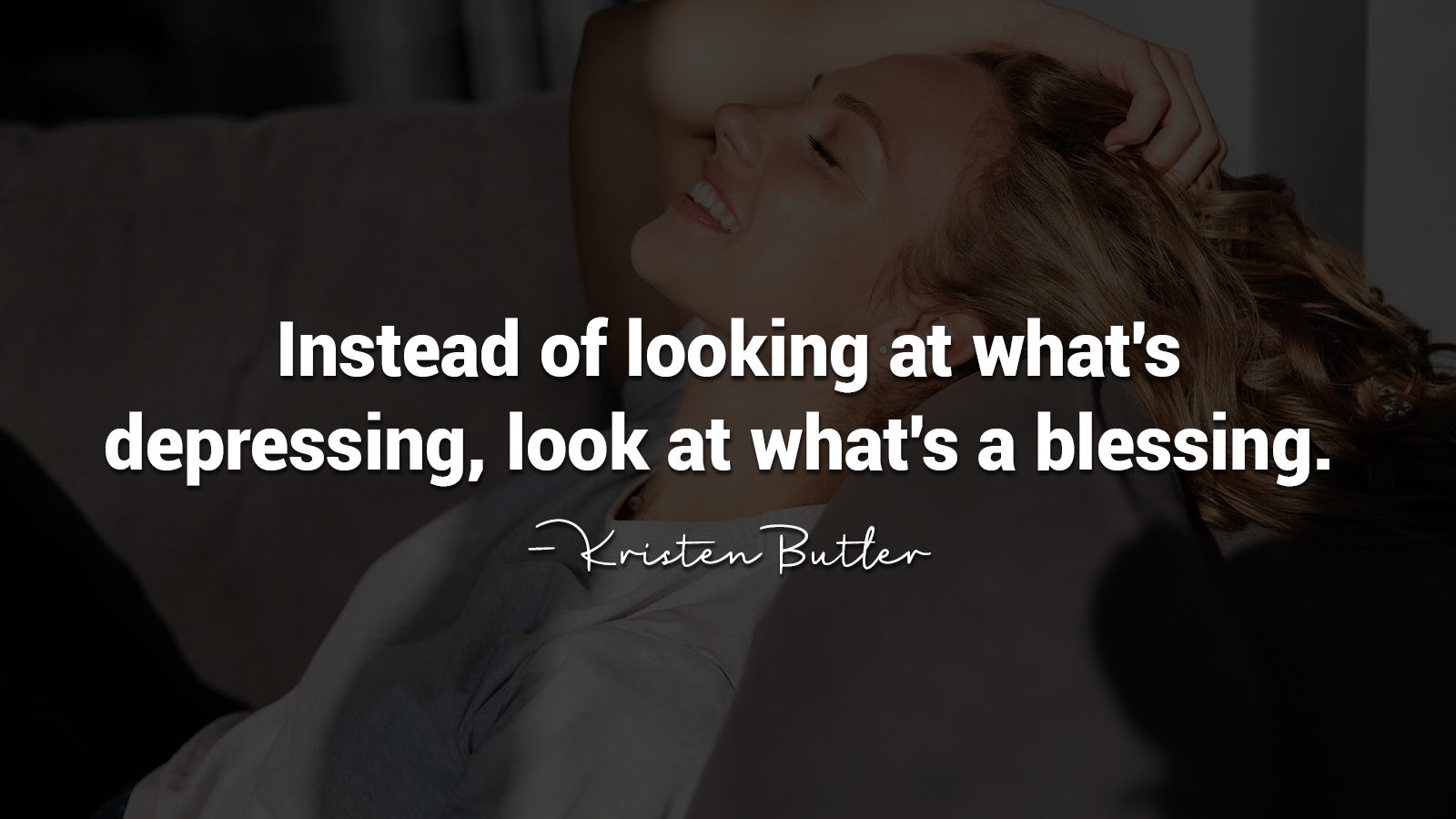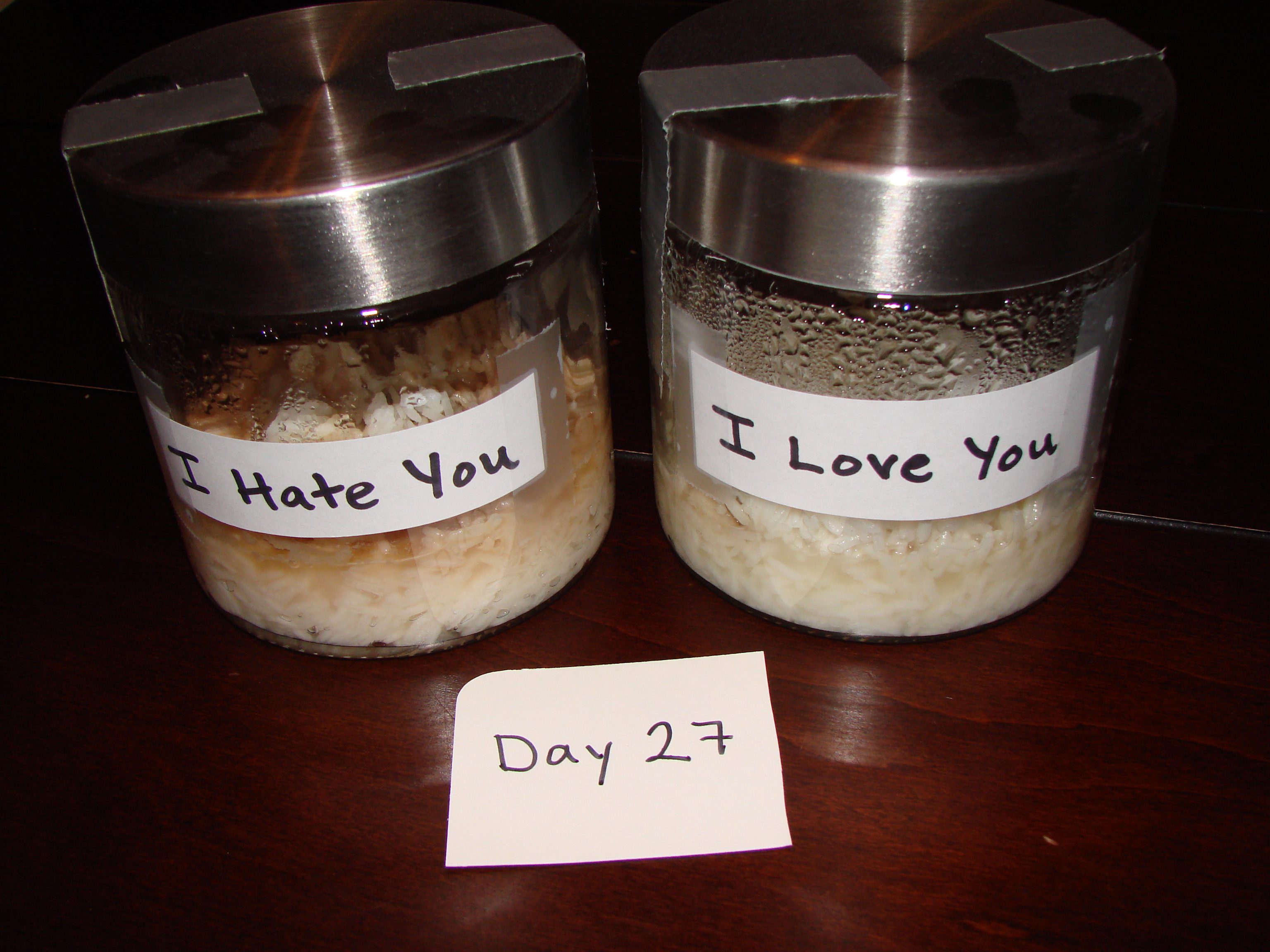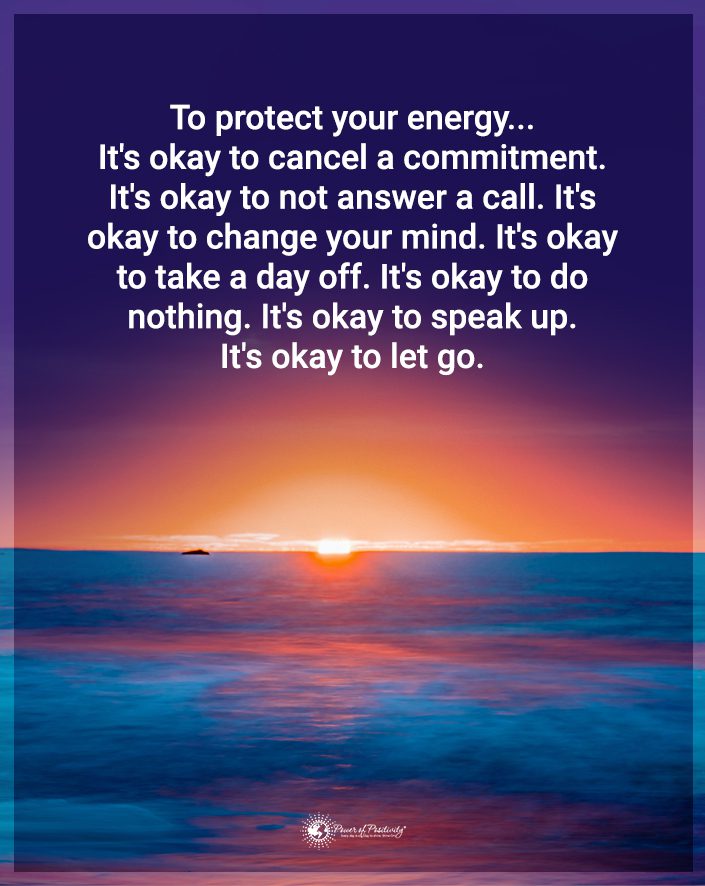“That’s my gift: I let negativity roll off me like water off a duck’s back. If it’s not positive, I didn’t hear it. It you can overcome that, fights are easy.” – George Foreman
This is a wonderful quote by George Foreman and how he deals with negativity in his life. Much like George’s boxing matches, one must train in order to be free from negativity. In this case, it’s consciously training your mind to form positive, supportive, and uplifting beliefs. Once you take control and build a positive belief system, your life ultimately follows suit, creating more positive results and diminishing the negative.
Here are 11 powerful thoughts to remember to free yourself from negativity.
1. I am free to be myself.
Trying to become someone else when around other people is both unnatural and unnecessary. Not only that, but it also causes a lot of undue stress that you don’t need. Anyways, why would you need to pretend to be someone else for people to like you? Who cares if they think badly about you anyways?
Bottom line: if someone can’t love and appreciate you for who you are, they aren’t worth having around in your life.
2. My past is not my future.
Ralph Waldo Emerson once said: “What lies behind us and what lies before us are tiny matters compared to what lies within us.”
This is Emerson’s beautiful way of saying that your character is what matters – not what you’ve done before and not even what you’ll do in the future. While people may know about your past and even judge you on it, your strength of character will ultimately win out. If you have this inner strength, it doesn’t matter what situation comes your way.
3. Each experience is a lesson learned.
When something bad happens to you, consider it a lesson learned, as that is exactly what it is. When faced with an adverse situation, there are only two outcomes: you win or you don’t win.
Now, while you may technically “lose”, there is still something to be gained from the experience – the strength of character. Throughout each and every difficulty that you’ve faced in your lifetime, you’ve become a stronger individual as a result.
Think back some years to a time where you felt “defeated”. Try to remember what it felt like and what your thought process was. Unless it was a sincerely traumatic event, it’s probably very difficult to recreate these thoughts and feelings. That’s because we move on…and become stronger people.
4. Appreciation and gratitude are the keys to happiness.
There is nothing quite as powerful as “an attitude of gratitude” in determining how happy your life is (or isn’t). Not being appreciative and grateful is often the result of comparing yourself to others, not considering your blessings in life, or having a sense of entitlement.
Instead, consider what you already have. Take some time to write five things that you are grateful for, and repeat this list to yourself when the situation arises. You’ll find that your perspective begins to change for the better!
5. “Roll with the punches – tomorrow is another day.”
Does anyone out there remember this quote? It’s from a character named Dicky Fox in the movie “Jerry Maguire,” and it stuck with me ever since…I know, kind of an odd way to remember a quote.
Just as you should not let our past dictate our future, you shouldn’t let your today influence your tomorrow. Take the punches as they come, keep building that inner strength and just drive on.
6. What people say or think about me is not my problem.
The negative things that people say or think about you are often a reflection of themselves. Allowing this negativity to affect you is a tremendous waste of your energy, time and attention.
You must remember that our brain’s resources are finite – where you set your attention matters. Don’t waste your mental resources on some ignorant person’s negativity towards you. If possible, spend some time with a friend or just take yourself out of the situation.
7. My happiness comes from what I choose to think.
As with most other realizations in our lifetime, happiness is in your mind. I love this quote from Buddha: “The mind is everything. What you think, you become.” Happiness and most other emotions are a product of your thoughts.
You can choose to focus on what you’re grateful and appreciative for or you can choose to focus on the negativity presently in your life. The choice is yours and yours alone. Make the attempt to produce positive thoughts and disregard the negative ones.
8. How I spend my time matters.
Your time is valuable for a couple of reasons: there is not enough of it (for anyone), and the way in which you spend it has an impact on your frame of mind.
Focus on spending your time being productive, having fun, relaxing, and enjoying life as opposed to putting yourself in negative situations. Remember the fact that your time on this Earth is limited, and that you’ll never get a day of your life back…so make every day count.
9. I work joyfully.
“If you want to have the perks, you have to put in the work.” we disagree with that quote – the perks should be the work.
If you desire work that makes you truly happy, whether it’s being your own boss, managing a store, becoming CEO, becoming an author or anything else…you need to find a way to make the work joyful.
It’s become almost universally accepted that work is a tedious, but necessary, a requirement to live. This misguided, unfortunate mindset has been accepted by most people as a reality. Don’t buy into it. Find something you can work towards that will bring you happiness. Even if it’s unpaid right now, it will pay off to live out your passion.
10. I make a difference each day.
Yes, you can make a difference each day. Someone somewhere can be positively impacted by how you choose to conduct yourself. Whether it’s at the workplace, at home or somewhere else, you can have a positive influence on someone.
Surround yourself with positive people, be mindful and deliberate in your words and actions, and make a conscious effort to be genuine, thoughtful, and caring towards other people. If you do these things, you’ll find that making a difference each day was easier than previously thought.
11. I release drama from my life.
Americans have become addicted to the dramatic…and much of it isn’t their own fault. Flip on the T.V. and attempt to stomach one of the latest “reality” shows…that’s drama at its worst.
Sadly, this infatuation with the dramatic has trickled into our own personal lives. People have misconstrued drama as excitement…in the movies, maybe. In reality, dramatic people are draining, obsessive, and often irrational. Don’t allow these types of individuals or situations into your life.
Add to the discussion below. What beliefs have you allowed into your life to free yourself from negativity?






 His experiments included the difference in the
His experiments included the difference in the 



